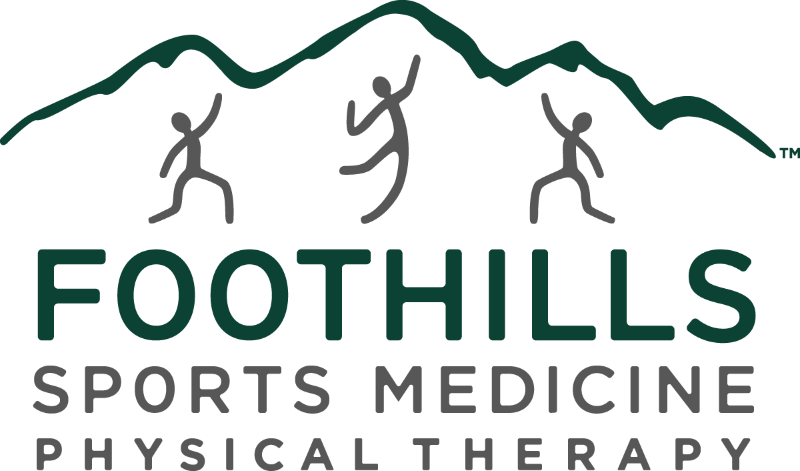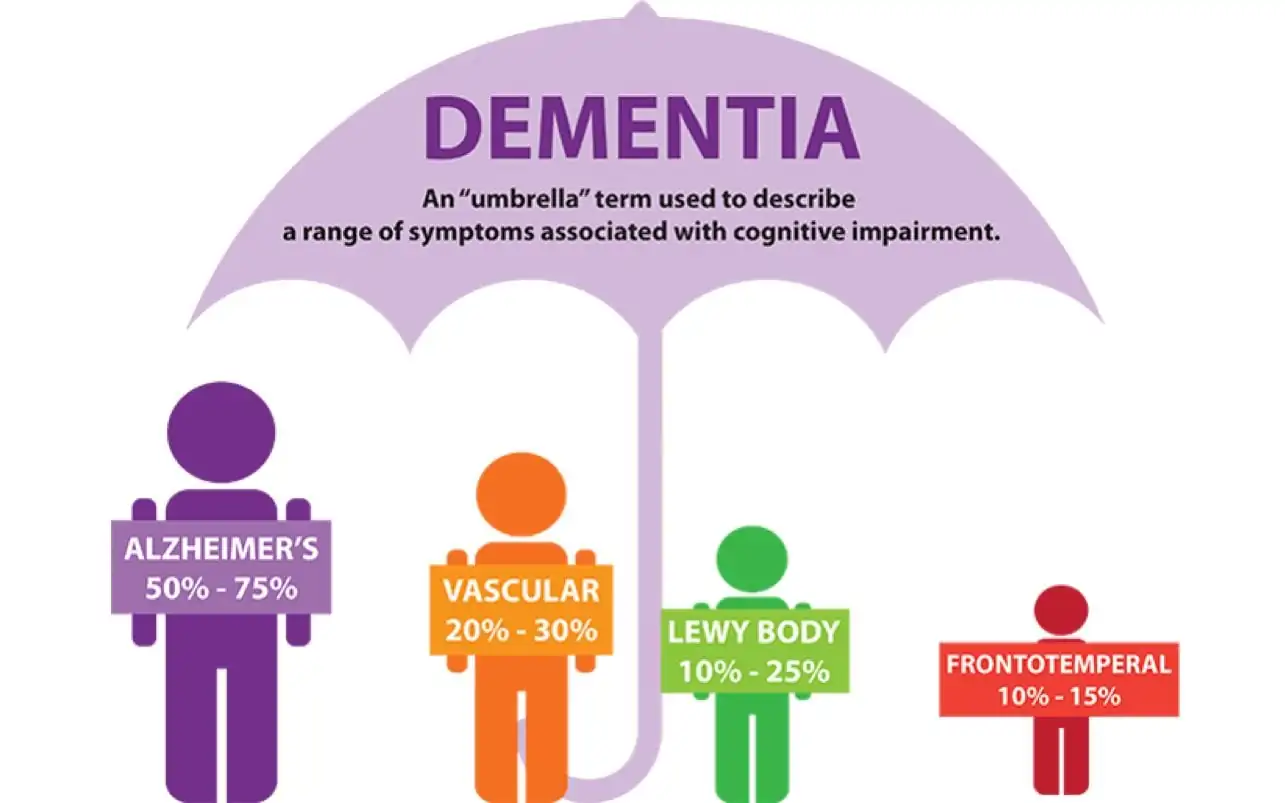Dementia can be a scary, overwhelming, and isolating diagnosis. While there is no known cure for dementia, there are plenty of things patients and loved ones can do to prevent cognitive decline. Dr. Michelle Bogert, clinic director of the Paradise Valley clinic, and Dr. Mayy Deadrick, a family practitioner at Manzanita Medical Center share how doctors and physical therapists can work together to prevent and treat the symptoms of dementia.
What is Dementia?
According to the Alzheimer’s Association, “Dementia is not a single disease; it’s an overall term — like heart disease — that covers a wide range of specific medical conditions, including Alzheimer’s disease. Disorders grouped under the general term “dementia” are caused by abnormal brain changes. These changes trigger a decline in thinking skills, also known as cognitive abilities, severe enough to impair daily life and independent function. They also affect behavior, feelings, and relationships.
- Memory loss
- Difficulty communicating
- Difficulty with visual and spatial abilities
- Confusion and disorientation
- Difficulty reasoning or problem-solving
- Difficulty handling complex tasks
- Personality changes
- Difficulty with planning and organizing
- Difficulty with coordination and motor functions
- Depression and anxiety
- Inappropriate behavior
- Paranoia
- Agitation
- Hallucinations
Physical Side Effects of Dementia
As dementia progresses, physical complications become more severe. The physical side effects that physical therapy can address are:
- Stiff muscles
- Loss of balance or coordination leading to falls
- Weak muscles
- Fatigue
How Physical Therapy Can Help
While physical therapy can’t cure or eliminate the symptoms of dementia, there’s a lot we can do to help slow symptoms and improve the quality of life for our patients. When creating treatment plans for dementia patients, we typically focus on:
- Fall risk. By improving balance, stability, strength, and coordination through physical therapy, we’re able to reduce falls for our patients, keeping them healthy and active, longer.
- Stiff muscles. Keeping patients active and mobile through age- and ability-appropriate exercises help relieve stiff muscles. This helps them to move more comfortably and enjoy their daily activities.
- Muscle weakness. It’s vital for dementia patients to keep working on strengthening and utilizing their muscles so they don’t become sedentary and lose the ability to participate in their normal activities.
- Heart and cardio health. The higher our cardiovascular function, the more capable our body is to fight off disease. Dementia is no different. We’re not marathon training, but giving patients the ability to elevate their heart rate just enough to see improvements in cardiovascular health. This is important for giving them the strength to fight the bigger battle.
- Cognitive abilities. We’re not playing brain games or anything, but endorphins and neuron development play a large part in keeping our patients sharp. The increase in activities can improve (or slow the decline of) memory, elevate patients’ mood, and improve their overall quality of life.
Physical Activity & Dementia Prevention
Years ago, doctors thought that you couldn’t grow neurons. However, now we know there are many lifestyle factors we can control to generate neurons and combat any possible effects of dementia before it begins. Regular physical activity, through a combination of cardiovascular exercise, balance, and mobility, is one of the best ways to promote healthy brain activity and generate your cognitive reserve.
Final Thoughts
Dementia can be an isolating and terrifying diagnosis for patients and loved ones. What I hope to educate patients and families on is that, if you have a collaborative team, it doesn’t have to be a lonely diagnosis. There are so many preventative things we can do to help improve their overall quality of life. For the patient, I want them to know that even if you have the genetics for dementia, you can make a huge reduction in your chance of getting it. For the family, I want them to know there are things you can do for your loved ones to keep them happy longer.
Are you or a loved one struggling with a dementia diagnosis? Or, are you looking for ways to stay healthy and active to prevent dementia?
Schedule a free assessment today to see how physical therapy can help you live a healthier, happier life.




